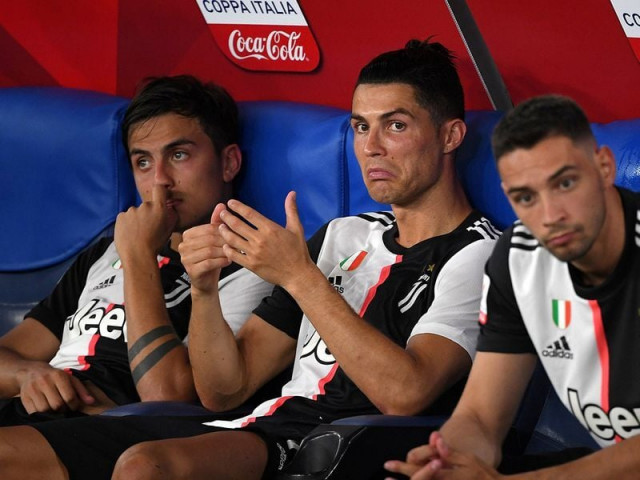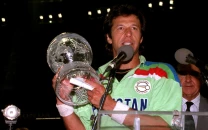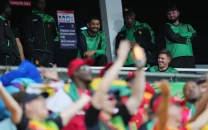Public have wrong idea of footballers: FIFPRO
Players’ union says perception players didn’t live up to social responsibilities is incorrect

The perception that footballers do not live up to their social responsibilities has been debunked by their "incredible initiatives" during the Covid-19 pandemic, the global players' union FIFPRO said in a report published Thursday.
The report, which highlights contributions made by professional footballers in fighting the effects of the pandemic, said that a large number of players have been "generous and creative" during the crisis.
Among other things, they have created dedicated funds, set up charities to donate to food banks and to fund medical equipment in hospitals, and taken part in campaigns to raise awareness and protect people from catching the virus, the report says.
"Professional football players and athletes across sports have developed incredible initiatives around the world to help their communities, their clubs and teams and often their team mates," said FIFPRO general secretary Jonas Baer-Hoffmann.
"The public perception of athletes not living up to their social responsibility could not be more wrong."
Examples listed include AS Monaco forward Keita Balde, who helped 200 Senegalese workers based in Spain after they lost their jobs, and Manchester United's Marcus Rashford who helped persuade the British government to extend a school meals scheme.
It also said that players had helped each other. In one case, a group of senior Irish international players contributed to an emergency fund to help footballers in the country's domestic league who were in financial difficulties.
The players' union in Botswana distributed food to players at seven clubs, plus 50 female players as well, it said.
The report also pointed out that life for a majority of footballers outside the elite is "frequently uncertain and highly competitive."
It said that in men's football, more than 45% of players earn less than $1,000 a month, 41% receive late pay and in most cases have short contracts. In women's football, the majority of players earn less than $600 a month.
"The belief that footballers live carefree and wealthy lives has led supporters and the general public to have high expectations when it comes to players’ shared responsibility towards fighting the virus," it said.
"But many players during this time have even relied on food parcels and financial support packages to survive."



















COMMENTS
Comments are moderated and generally will be posted if they are on-topic and not abusive.
For more information, please see our Comments FAQ